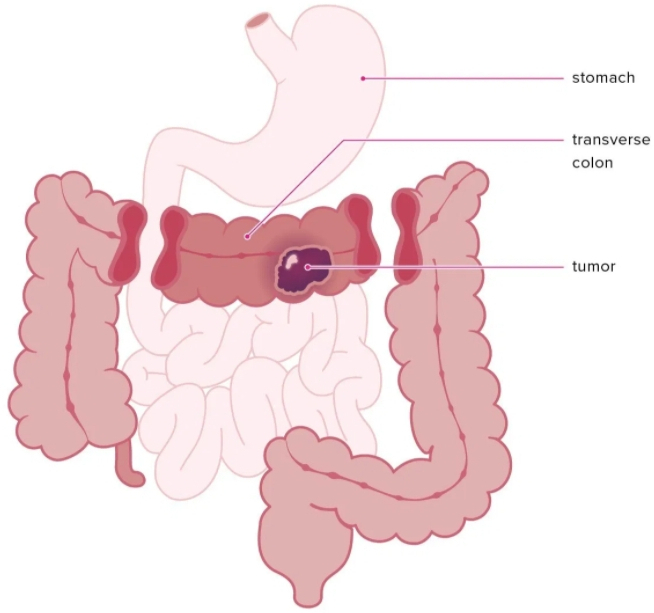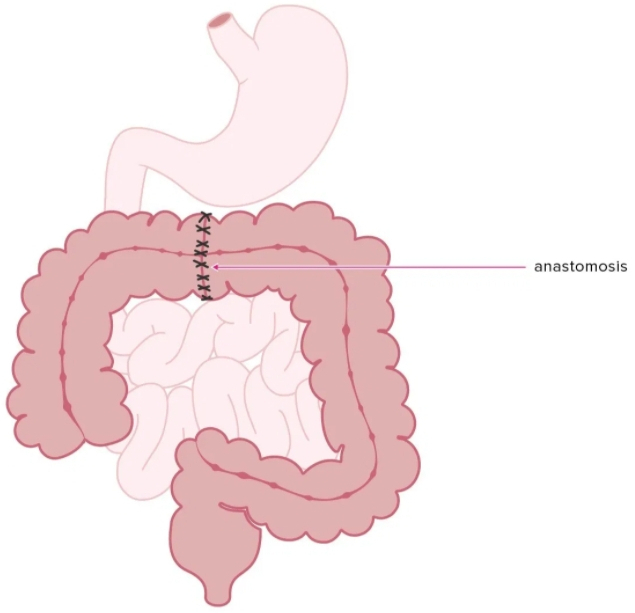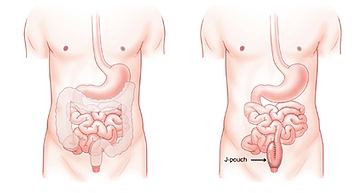Though treatments can’t cure Crohn's disease, they can help most people lead normal lives. The goal is to find a treatment that works best for you with as little side effects as possible and help children with their growth and nutrition.
Crohn's disease is treated in five primary ways:
#1. Medications
- Anti-inflammatory drugs
- Corticosteroids, a more powerful type of anti-inflammatory drug
- Immune system modifiers. It can take up to 6 months for these drugs to work
- Antibiotics
- Drugs for diarrhoea
- Biologic medicines, such as (Humira),(Amjevita), (Cimzia), (Remicade), (Renflexis), (Inflectra), (Tysabri), (Stelara), and (Entyvio)
These treatments are meant to help you reach remission. When that happens, your doctor may prescribe what he calls "maintenance therapy" to keep your symptoms at bay.
If you don’t get better, you’ll need more aggressive treatment which usually involves surgery to remove the large bowel to control symptoms.
#2. Surgery
About 66% to 75% of people with Crohn's disease will need surgery. This does not cure the disease just helps to manage symptoms or correct complications.
A resection may be needed to remove severely inflamed or damaged portions of the small or large intestines. Common procedures include:
Anastomosis:
Your surgeon removes the diseased part of the bowel and joins the two healthy ends together. This surgery can allow many people to remain symptom-free for around four years, but it isn’t a cure and often comes back (see Figures 1 and 2 below).

Figure 1

Figure 2
Ileostomy:
You might need this if your rectum is diseased and the doctor can’t use it for an anastomosis. This procedure connects your intestine to the skin of your torso. The result is an opening in the skin that can collect waste products in a special pouch that you empty.

If you want to know what it's like to have your colon removed read our patient story here.
#3. Diet:
In a study of Caucasian New Zealanders with Crohn’s disease, foods most often considered to be beneficial for symptoms included white fish, salmon and tuna, gluten-free products, and boiled potatoes and sweet potatoes.
Foods most often considered to make symptoms worse included grapefruit, nuts, chilli or chilli sauce, cream, salami, energy drinks and beer. It was not possible to identify specific foods that should be avoided by all people with Crohn’s disease.
#4. Drinking worm eggs:
Historic trials in the US report that patients with incurable Inflammatory Bowel conditions such as Crohn’s Disease and Ulcerative Colitis had a remission rate of up to 70% when drinking pig whipworm eggs.
Gastroenterologist Joel Weinstock of the University of Iowa devised the treatment known as TSO (Trichuris suis ova ) in 2004 after noticing that the sharp rise in Inflammatory Bowel Disease over the past 50 years in western countries coincided with a fall in infections by parasites such as roundworms and human whipworms.
To read more click here
#5. Frankincense:
Frankincense oil comes from the resin of the Boswellia tree and helps speed up wound healing, controls bleeding, improves uterine and oral health as well as fights inflammation.
It’s this inflammatory effect that has researchers excited.
The National Centre for Complementary and Integrative Health (NCCIH) studied patients with osteoarthritis and found they had better pain relief than those who used a placebo.
Long term inflammatory conditions such as arthritis, bronchial asthma, Crohn’s disease and Ulcerative colitis can lead to health issues that can be reduced by the use of Frankincense.
It’s long term inflammatory conditions such as Crohn’s and Colitis that can lead to bowel cancer if left untreated.
Frankincense contains boswellic acid that fights inflammation by targeting free radicals and cytokins in the body responsible for inflammation.
Currently, Frankincense is available in New Zealand as an essential oil, capsules, a tincture or Boswellia Serrata Extract as a supplement powder.
To read more click here



